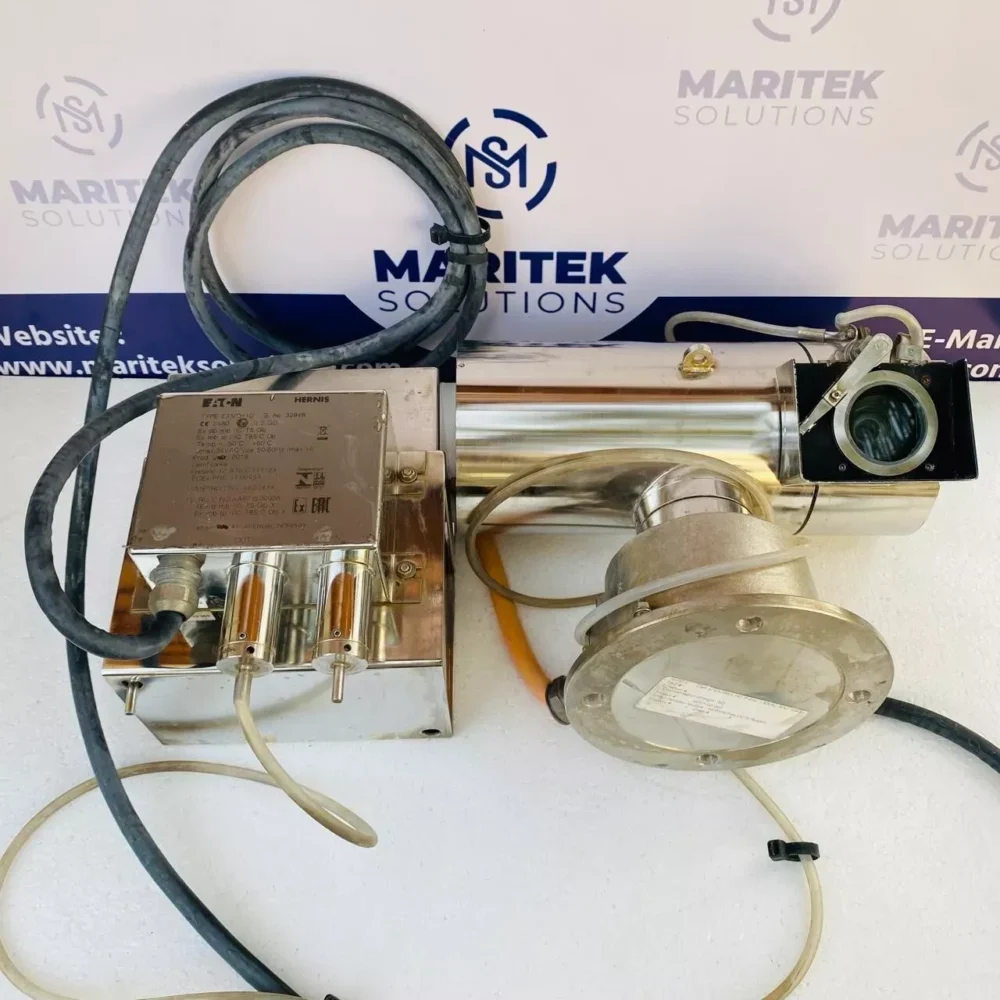A marine camera is a type of camera designed specifically for underwater or marine environments. These cameras are built to withstand the unique challenges of submersion in water, making them ideal for various applications such as marine research, underwater photography, and underwater surveillance. Here are some key features and applications of marine cameras:
Marine cameras are typically enclosed in rugged, waterproof housings that protect the camera components from water damage. These housings are often made from corrosion-resistant materials to withstand the corrosive effects of saltwater.
Pressure Resistance: Marine cameras are designed to operate at varying depths beneath the water’s surface. They are built to withstand the water pressure encountered at different depths, ensuring the camera remains functional even in deep-sea environments.
To capture clear and detailed underwater images and videos, marine cameras often feature high-resolution sensors and optics. This allows researchers and photographers to capture the beauty and intricacies of marine life.
Marine cameras are used in various applications, including marine biology research, underwater archaeology, commercial fishing, offshore oil and gas exploration, recreational diving, and more. They play a crucial role in documenting and studying underwater ecosystems and phenomena.
Some marine cameras are used for remote monitoring and surveillance of underwater areas, such as monitoring underwater pipelines, shipwrecks, or marine wildlife. These cameras can transmit live footage to the surface or store it for later analysis.
Marine cameras can be tethered to the surface using cables for power and data transmission, or they can be untethered, relying on onboard batteries and wireless technology for communication.
Depending on the specific application, marine cameras may have customizable features such as the ability to change lenses, adjust exposure settings, or integrate with other underwater equipment.
It’s important to choose a marine camera that suits your specific needs, whether you’re a marine scientist, underwater photographer, or have other underwater imaging requirements. The choice will depend on factors like depth requirements, image quality, lighting needs, and budget. Additionally, the technology and features of marine cameras continue to evolve, so it’s a good idea to stay updated on the latest advancements in this field.
